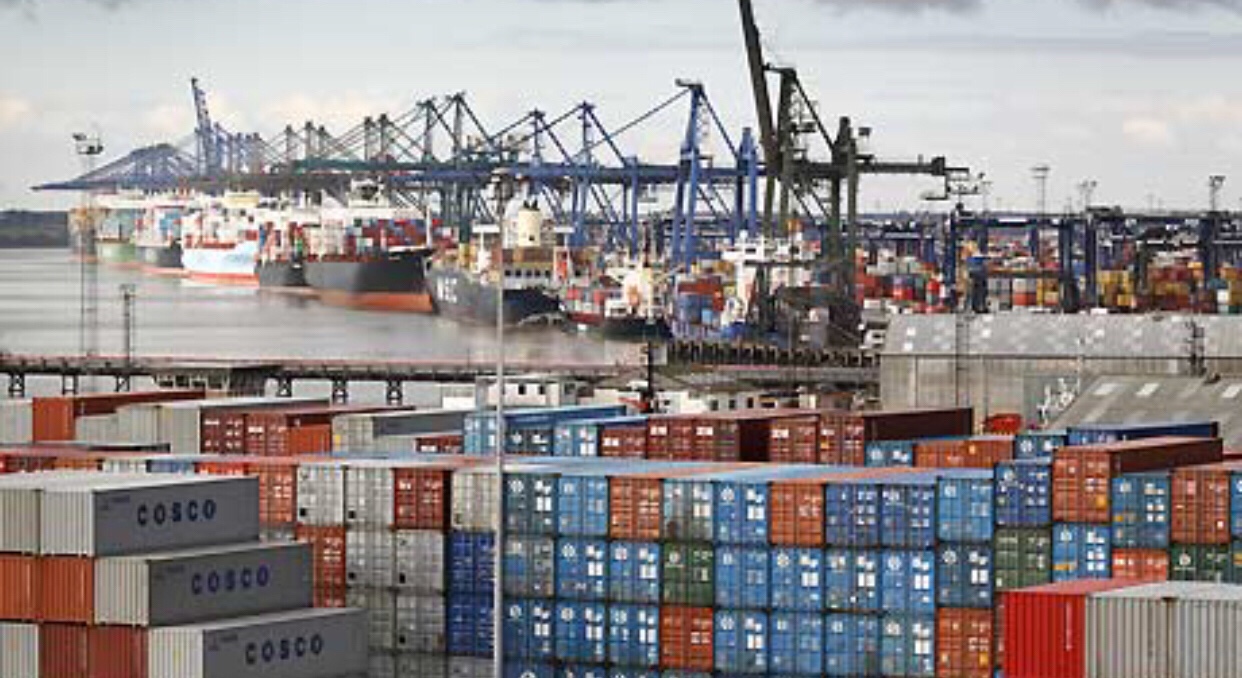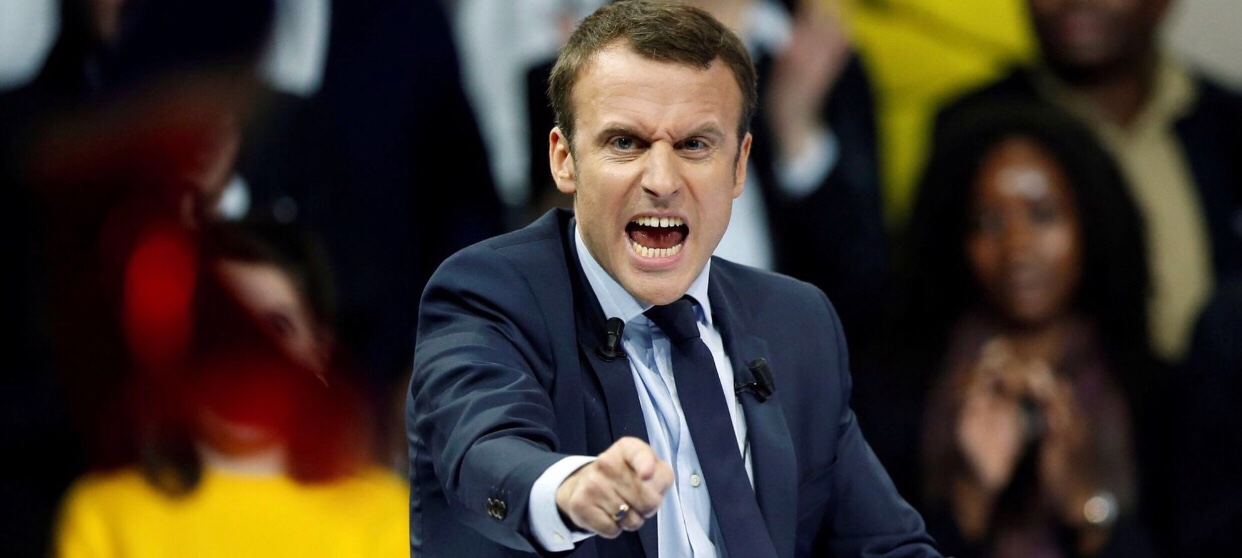EU opens WTO case against Trump steel and aluminium tariffs
EU opens WTO case against Trump steel and aluminium tariffs. Dispute settlement case lodged but EU stops short of applying retaliatory tariffs.
The European Union is pressing ahead with countermeasures in response to what it said was Donald Trump’s “pure protectionist” and “illegal” decision to impose trade tariffs on steel and aluminium.

The EU has opened a case at the World Trade Organization after the US imposition of a 25% duty on European steel and a 10% duty on European aluminium came into force on Friday morning.
“We are not in a trade war, but we are in a very difficult situation,” said Cecilia Malmström, the EU trade commissioner. “I would not use the term trade war because it has a psychological effect, but the situation is worrying … the US is playing a dangerous game here.”
She said the US claim that the tariffs were needed for internal security, amounted to “pure protectionism”.
The EU has not made final decisions on tit-for-tat measures on US products, although it has a list, including classic Anerican products to hit with retaliatory tariffs, such as Levi’s jeans, bourbon whiskey, cranberries and peanut butter.
The European Commission needed to consult with member state diplomats before announcing the list. “We have not made final decisions on it, but we will use that list of course, but we need to respond and we need to do so in a measured manner.”
“The European Union will today proceed with the WTO dispute settlement case adding those additional duties on a number of imports from the United States,” Federica Mogherini, the EU high representative on foreign policy, told journalists on Friday. “The European Union measures will be reasonable, proportionate and in full compliance with WTO rules and obligations.”

She was the latest European politician to hit back at the US decision, which has been described by the French president, Emmanuel Macron, as a mistake and the UK’s international trade secretary, Liam Fox, as “patently absurd”.
Germany’s economy minister Peter Altmaier said on Friday: “We hope that the European response will result in a process of reflection in the USA.” He told the German broadcaster ARD that the EU may consider working on trade with Mexico and Canada, which were also hit by the US tariffs.
Bernd Lange, the German socialist MEP who chairs the European parliament’s international trade committee, said the tariffs were illegal and insisted the EU would put countermeasures in place. “We chose also some symbolic products like Harley-Davidson to make clear here is a red card,” he said.
Seeking to dial down the rhetoric, Mogherini said: “The European Union is not at war with anyone. We don’t want to be; for us this out of the question … The European Union is a peace project, including on trade.”
She said the EU believed in free and fair trade and “that is why we are multiplying the trade agreements with our partners in the world”.
The EU recently announced the formal launch of tradevtalks woth Australia and last year completed negotiations with Japan.
She was speaking alongside China’s foreign affairs minister, Wang Yi, who said China and the EU were committed to a rules-based, multilateral global system. The pair were also discussing Iran and North Korea before an EU-China summit in Beijing next month.
Beyond the warm words, Brussels and Beijing remain at odds over the heavily subsidised Chinese steel that has depressed global prices. Mogherini acknowledged that “we have some issues” and the EU would continue to address the problem of overcapacity with China.
Anthony Scaramucci, a former White House communications director, said there was always room to negotiate with Trump, but he was unlikely to be flattered into changing his mind.
Speaking on BBC Radio 4’s Today programme, Scaramucci, a personal friend of Trump, said the tariffs were a measure to correct the “uneven and unbalanced” trade system.
“I am sure that there are chips on both sides that can get traded to make the problem go away,” he said. “There’s always room in a negotiation with him, but he’s also the type of person that will walk from a negotiation.”
Source: The Guardian
You must be logged in to post a comment.